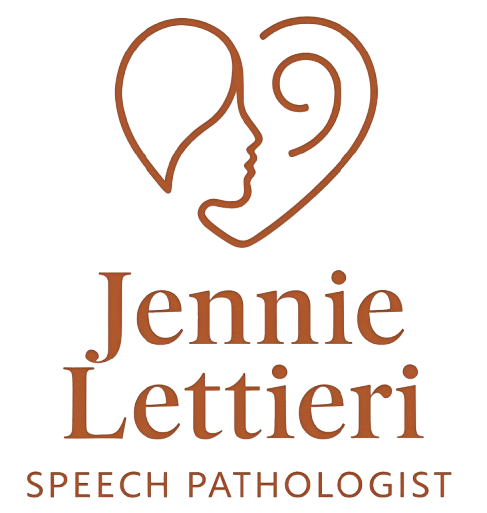Understanding Speech Disorders:
Speech disorders such as dysarthria and apraxia affect how clearly someone speaks. These conditions may result from neurological changes or injuries.
Motor Speech Challenges:
Muscle weakness or coordination issues make speaking effortful. Motor speech disorders impact daily communication and social confidence.
Therapy That Helps:
Speech therapy targets clarity, volume, and coordination through specific exercises. Techniques are tailored to each person’s strengths and limitations.
Individualised Care Approach:
Jennie designs plans based on each client’s history, abilities, and goals. No two therapy journeys are the same.
Importance of Early Support:
Starting therapy early leads to better outcomes. Recognising changes in speech and acting quickly is essential for recovery.
Holistic Health View:
Beyond speech, therapy supports cognitive, emotional, and social well-being. Jennie believes in treating the whole person, not just the symptoms.
Role of Telehealth:
Remote sessions provide flexible access to care. This option suits clients balancing work, travel, or mobility concerns.
Building Communication Confidence:
The ultimate aim is to boost confidence in speaking situations. Therapy helps clients feel heard, valued, and understood.


